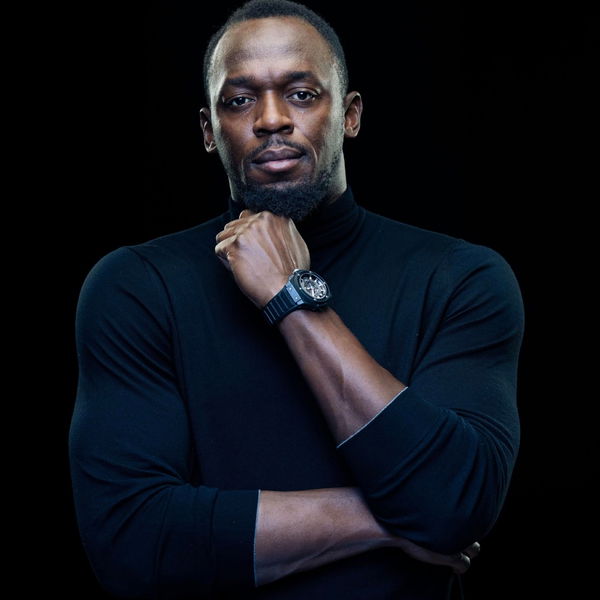
via Imago
Credits: FB

via Imago
Credits: FB
The sporting realm finds itself embroiled in a contentious debate as the notion of the Enhanced Games triggers a wave of controversy. This bold concept, akin to an Olympics-style event where doping is sanctioned, has sparked vehement opposition from many athletes, who warn of potential peril to athletes’ lives if the Enhanced Games proceed. Proposed by Australian entrepreneur Aron D’Souza in 2023, the event would operate outside the purview of World Anti-Doping Agency regulations.
According to D’Souza, citing research indicating widespread usage of enhancements among Olympic athletes, he contends that such practices are ingrained within the sporting landscape, further exacerbated by systemic financial exploitation. Nevertheless, D’Souza’s recent comments regarding track and field athletes have stirred considerable shock and controversy, casting a stark light on the divisive nature of his vision for the future of athletics.
ADVERTISEMENT
Article continues below this ad
Alarming statistics and exceptions in elite athlete anti-doping measures
In a recent podcast interview hosted by Luke Thomas on his YouTube channel, the spotlight was on Aron D’Souza. Titled “LUKE THOMAS: STEROID OLYMPICS BOSS SPEAKS | The Enhanced Games,” the discussion delved into pertinent issues surrounding doping in sports. Thomas, inquisitive as ever, posed a thought-provoking question regarding the distinction between athletes as employees in professional leagues versus their status in Olympic sports. He astutely pointed out the legal mechanisms enabling unionization among professional athletes and questioned the lack thereof in Olympic structures. D’Souza’s response was equally insightful.
D’Souza tackled the contentious issue of doping prevalence in sports. Citing a seminal study published in the Journal of Sports Medicine in 2018, which revealed that a staggering 44% of athletes had used banned performance enhancers at some point in their careers, he laid the groundwork for his argument. By extrapolating this data, D’Souza made a compelling case for the likelihood of doping among medalists, given that success in sports often correlates with doping.
ADVERTISEMENT
Article continues below this ad
He highlighted alarming statistics, such as the prevalence of anti-doping infractions among top athletes in the 100-meter category, further reinforcing the pervasive nature of doping in elite competitions. Notably, D’Souza mentioned “Only Usain Bolt” as an exception, being one of the top athletes who has not had an anti-doping violation, amidst a backdrop of concerning statistics surrounding doping in elite athletics. But the questions didn’t end here.
Drug testing approaches according to the Enhanced Games CEO
Furthermore, Thomas probed into the Enhanced Games’ approach to drug testing. He clarified his understanding that while there would be no traditional drug testing, there would be screenings related to pre-competition medical thresholds. D’Souza’s response shed light on the challenges posed by the current system, criticizing the Olympics for not allowing a culture of doping to flourish.
ADVERTISEMENT
Article continues below this ad
He emphasized the difference in legal provisions between professional leagues, where athletes are employees and have the right to unionize, and Olympic structures, where athletes lack such rights due to their non-employee status.
ADVERTISEMENT
ADVERTISEMENT
ADVERTISEMENT
